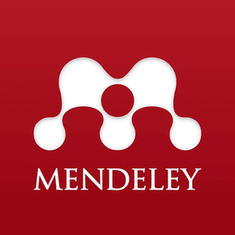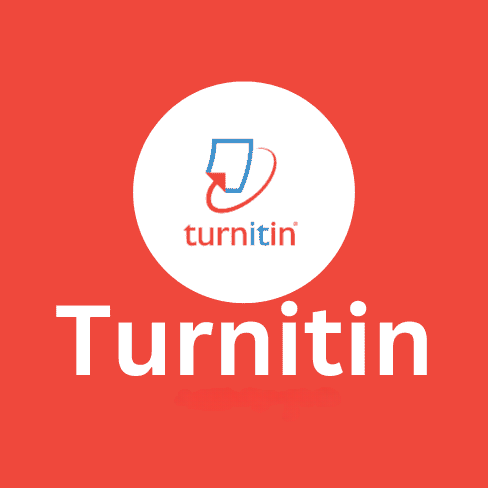STUDENT’S SELF REGULATION AGED 11-12 YEARS OLD IN SCHOOL THAT IMPLEMENTED FITRAH BASED EDUCATION
DOI:
https://doi.org/10.22373/psikoislamedia.v8i1.16546Keywords:
self regulation, fitrah based education, learning designAbstract
Accompanying the learning process of students is still a long mandate for parents and educators. Changes in the educational process that occurred as a result of the Covid-19 pandemic raised the need for students to improve their self-regulation ability in order to design more effective learning strategies, especially in terms of learning objectives. This study aims to obtain an overview of students' self-regulation in understanding learning objectives, carrying out their own learning plans and strategies, and monitoring independently how effective the learning process is. This research was conducted on four students who implemented fitrah based education. This research used descriptive qualitative method. Methods of data collection used observation and interviews. The results of this research showed that the cycle of self-regulation in students in schools that implemented fitrah based education has not been fully implemented. The forethought phase which is the beginning of the self-regulation cycle has not been carried out, so the subsequent phases are not running effectively.References
Daryanes, F., & Fauza, N. (2020). Peningkatan Self Regulation Mahasiswa melalui Strategi Perkuliahan “Students as Researchers” berbasis Online Learning. Bioedusiana: Jurnal Pendidikan Biologi, 5(2), 131–144. https://doi.org/10.37058/bioed.v5i2.2246
Effendi, Z. M. (2017). JAIPTEKIN | Jurnal Aplikasi IPTEK Indonesia Development of Integrated Learning Model of Islamic Education Subject and Student Self Control. 2(2), 11–20.
Husna, T., & Juwita, P. (2021). KONSEP FITRAH BASED EDUCATION (FBE) DALAM MENGUATKAN HUBUNGAN ORANG TUA DAN ANAK MASA PANDEMI DI SEKOLAH PAUD AL-MIRAH. Prosiding Seminar Nasional Hasil Pengabdian 2021, 367–376.
Khoerunnisa, N., Rohaeti, E. E., & Ningrum, D. S. ayu. (2021). Gambaran Self Regulated Learning Siswa Terhadap Pembelajaran Daring Pada Masa Pandemi Covid 19. FOKUS (Kajian Bimbingan & Konseling Dalam Pendidikan), 4(4), 298. https://doi.org/10.22460/fokus.v4i4.7433
Nawawi, H. (2007). Metode Penelitian Bidang Sosial. Gadjah Mada University Press.
Putra, M. M., Andani, F., Fransiska, J., & Hairani, P. (2020). Menumbuhkan Fitrah Keimanan (Kajian Konsep Fitrah Based Education). Zuriah : Jurnal Pendidikan Anak Usia Dini, 1(1), 37–48. https://doi.org/10.29240/zuriah.v1i1.1909
Sholichah, A. S. (2017). Konsepsi Pendidikan Anak Berbasis Fitrah dalam Perspektif al-Qur’an. Mumtaz: Jurnal Studi Al-Qur’an Dan Keislaman, 1(2), 69–86. https://doi.org/10.36671/mumtaz.v1i2.11
Sudrajat, S., Agustine Prolawati D., S. A., & Chaer, M. T. (2021). The Concept of Fitrâh In The Qur’ân And The Implications With Children’s Education. Al-Manar, 10(2), 53–61. https://doi.org/10.36668/jal.v10i2.279
Sugiyono. (2013). Metode Penelitian Kuantitatif, Kualitatif, dan R & D (Alfabeta (Ed.)).
Susanto, H. (2006). Mengembangkan Kemampuan Self Regulation Mengembangkan Kemampuan Self Regulation untuk. Jurnal Pendidikan Penabur, 07.
Wolters, C. A., Pintrich, P. R., & Karabenick, S. A. (2003). Assessing Academic Self-Regulated Learning. For Indicators of Positive Development Conference. https://doi.org/10.1007/0-387-23823-9_16
Yasdar, M. (2018). Penerapan Teknik Regulasi Diri (self regulation) untuk Meningkatkan Kemandirian Belajar Mahasiswa Program Studi Bimbingan Konseling. STKIP Muhammadiyah Enrekang. Edumaspul-Jurnal Pendidikan, 2(2), 50–60.
Zimmerman, B. J. (2000). ATTAINING SELF-REGULATION: A SOCIAL COGNITIVE PERSPECTIVE. In Handbook of Self-Regulation. Academic Press. http://www.apnet.com
Downloads
Published
Issue
Section
License
Authors who publish in this Journal agree to the following terms:
- Authors retain copyright and grant the journal right of first publication with the work simultaneously licensed under Attribution-ShareAlike 4.0 International (CC BY-SA 4.0) allows others to share the work with an acknowledgment of the work's authorship and initial publication in this journal.
- Authors are able to enter into separate, additional contractual arrangements for the non-exclusive distribution of the journal's published version of the work (e.g., post it to an institutional repository or publish it in a book), with an acknowledgment of its initial publication in this journal.
- Authors are permitted and encouraged to post their work online (e.g., in institutional repositories or on their website) prior to and during the submission process, as it can lead to productive exchanges, as well as earlier and greater citation of published work. (See The Effect of Open Acces)














